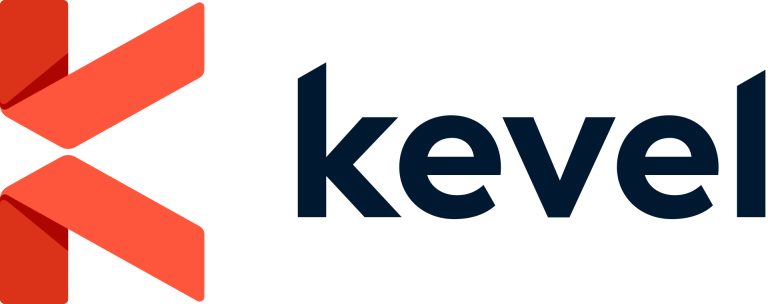
As a new academic year begins, Canadian students are confronting a sobering job market, with many unsure about their post-graduation prospects.
A recent survey by Ipsos for Simplii Financial finds that less than half (48%) of students feel confident about landing a job, and only 51% believe their education has adequately prepared them for the workforce. More than half (54%) are already adjusting their career plans in response to current market conditions.
“In an already tough Canadian labour market, younger workers and new graduates are facing some of the biggest challenges finding employment,” said Ali Jaffery, CIBC economist, in a statement.
Youth unemployment at decade high
Financial pressures are adding to the uncertainty for students. Over half of respondents (53%) report having difficulty finding summer or part-time work, while nearly two-thirds (66%) say it has become more challenging than in previous years.
At the same time, only 44% have an emergency fund that could cover several months of expenses, highlighting the fragility of many students’ financial safety nets.
The survey’s findings echo official labour data: Statistics Canada reports youth unemployment reached 14.6% in July 2025, the highest in over a decade outside of the pandemic years. The youth employment rate also slipped to 53.6%, signaling fewer opportunities for students entering the workforce.
"Youth unemployment is close to 15 per cent, compared to the 10 to 11 per cent during more normal times, and young people are caught between cautious businesses pulling back on hiring and stiff competition for those fewer opportunities”, said Jaffery in a statement.
This trend underlines the difficulty students and recent graduates face when transitioning from school to the job market.
Finding ways to deal with uncertain times
The Simplii survey also shows students are adapting their plans in response to economic pressures.
Nearly 60% are considering further education, and 57% anticipate needing to live at home after graduation. According to the survey, one-third (33%) report wishing they had chosen a different field of study. The limited summer or part-time opportunities, coupled with sparse emergency funds, are pushing students to rethink both career and personal finance strategies before leaving school.
To cope with these challenges, students are seeking ways to gain experience, boost employability and manage their finances more effectively.
Internships, co-op programs and part-time work remain critical for skill development and networking. At the same time, understanding student loan repayment realities and realistic salary expectations can also help graduates plan for the financial realities of their unique post-graduate challenges.
This article provides information only and should not be construed as advice. It is provided without warranty of any kind.


